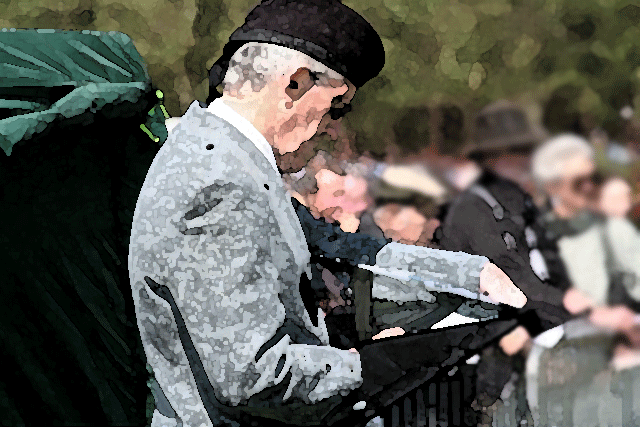
I read with interest the good article by Alistair Aitken from 2010 on pipe band adjudication. I suspect that the debate about the effectiveness or ‘fairness’ of judges has gone on since contests began.
Our current approach is just the most recent iteration of the traditional hands-on manual method; in which we ask trained adjudicators to use their senses and judgement to come to a ranking of the competing bands.
At the risk of over-simplification, we might consider the task of evaluating a band’s performance to have two complementary dimensions:

By John Barbour
1. Evaluating the technical competence of the performance
On the Piping side this would include such elements as:
* Chanter and drone pitch and tuning
* Fingerwork, both individually and jointly
* Playing in unison
* Tempo, both absolute and over time
While on the Drumming side:
Snare section
* Drum tuning, both individual and joint
* Rudiments, both individual and unison
* The use of light and shade
* Tempo, both absolute and over time
Mid section
* Drum tunings
* Unison within the midsection
* Tempo; both absolute and over time
2. Evaluating the musical impact of the performance
This is clearly, and rightly, a much more subjective business in which the individual preferences and prejudices – both explicit and implicit – of the judges must come into play.
At the heart of the adjudication problem is that we ask a small number of individuals to evaluate performance in real-time covering both the technical and musical dimensions, a very difficult task.
We complicate their challenge further when we consider the different ‘balances’ between technical and musical performances across the grades.
Again, at the risk of over-simplification, the lower grades are wrestling with fundamental technical challenges as they develop competence on their instruments. This limits their ability to deliver musical performances which are as compelling as their higher-grade brethren.
We might assume or hope that the higher grades to have developed better technical capabilities and therefore we might/should expect more sophisticated or refined musical performances from them.
It seems to me that perhaps the time has come to accept that further refinement of the traditional approach to adjudication will not deliver significant improvements.
Would we not be better to introduce modern technology in order to provide a more objective assessment of the more technical aspects of performance, whilst relying on a broader use of human input for the much more subjective musical aspects?
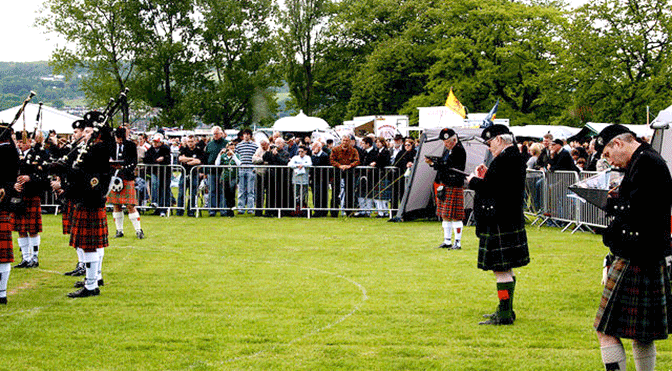
A draft proposal:
• Evaluate the technical performance of individuals and overall bands by deploying microphones and computer software to monitor and evaluate the music being played by individuals and the overall band. Devising this technology would be a significant task, but there is little ‘new’ here in a technological sense. This would provide an objective measure of the technical factors devoid of influence from judges.
• Use a broader and larger group of judges to focus on the musical dimension (and I know it is not possible to separate entirely the technical from the musical). This would give a more balanced view of the musical performance
• Devise a scoring system which is based on a pre-chosen ‘balance’ between the technical and musical performances – and this may vary by grade to reflect the differing capabilities and experience of the individuals and bands.
The challenge for the broader pipe band community is to retain the focus on musical performance whilst dealing objectively and fairly with the technical capabilities that underpin it. I believe that this is an opportunity for the RSPBA to take a decisive and important transformational step forwards.
- The author is a former drummer in the now defunct Grade 1 Red Hackle Pipes & Drums. He also played with Kilbarchan Pipe Band in Grades 3 and 2 and was the Leading Drummer when they were promoted to Grade 2. He then played in Red Hackle with Norris Thompson and Evan Jones for four years.
-
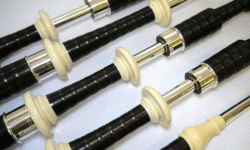 Bagpipes – DN4A – High Quality Set in Plain SilverPrice range: £200.00 through £2,052.00
Bagpipes – DN4A – High Quality Set in Plain SilverPrice range: £200.00 through £2,052.00 -
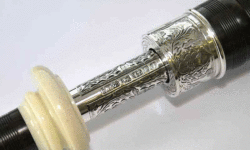 Bagpipes – DN5 – The Finest Bagpipe AvailablePrice range: £300.00 through £3,424.00
Bagpipes – DN5 – The Finest Bagpipe AvailablePrice range: £300.00 through £3,424.00 -
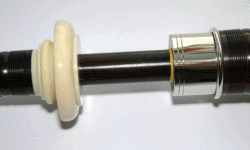 Bagpipes – DN1, High Quality InstrumentPrice range: £100.00 through £1,250.00
Bagpipes – DN1, High Quality InstrumentPrice range: £100.00 through £1,250.00
















If I were to make a practical suggestion, I think a mistake was made when the RSPBA stopped taking judges from the world of solo piping. There is a lot of nonsense spoken about march, strathspey, and reel playing in some quarters of the pipe band world and requiring, say, that one of the two piping judges should be on the SPJA list would make a big difference.
Separating off the technical aspects of a performance don’t make sense to me as it is those very things that are the foundations of good music. Every judge has to find a way to be able to see the wood for the trees.
I am afraid that I strongly disagree with the author. Relying on computers and software to assess piping and drumming would be a disaster waiting to happen. A computer is not needed to decide whether a performance is good or bad, and musical expression has always been, and rightly should be, a subjective experience for all musical genres not just pipe bands. If we all liked exactly the same musical technique, interpretation, and delivery, then pipe band performances would become very boring. Yes, there is scope for improving the judging of pipe band performances, but the above proposals are not the way forward, in my humble opinion.